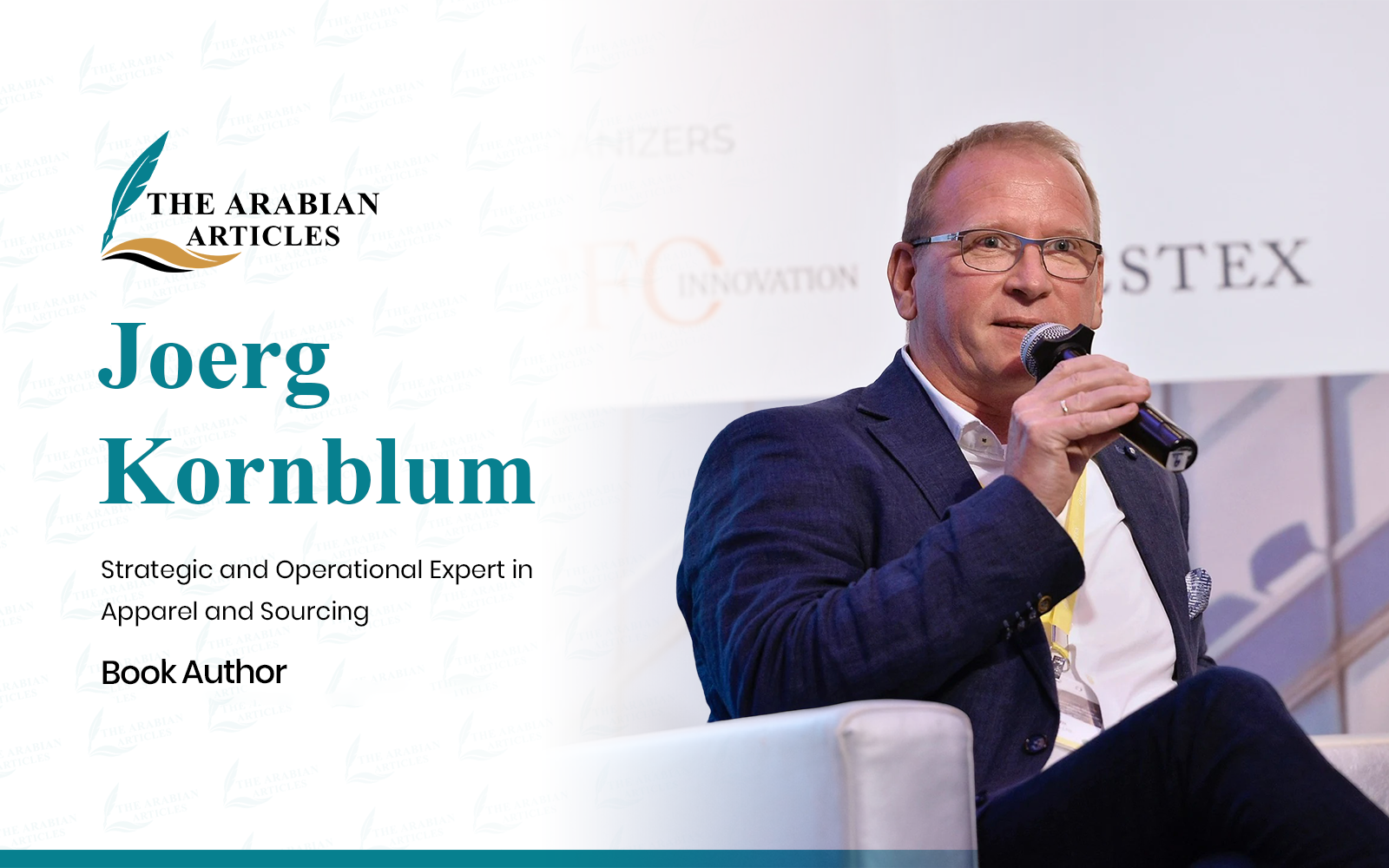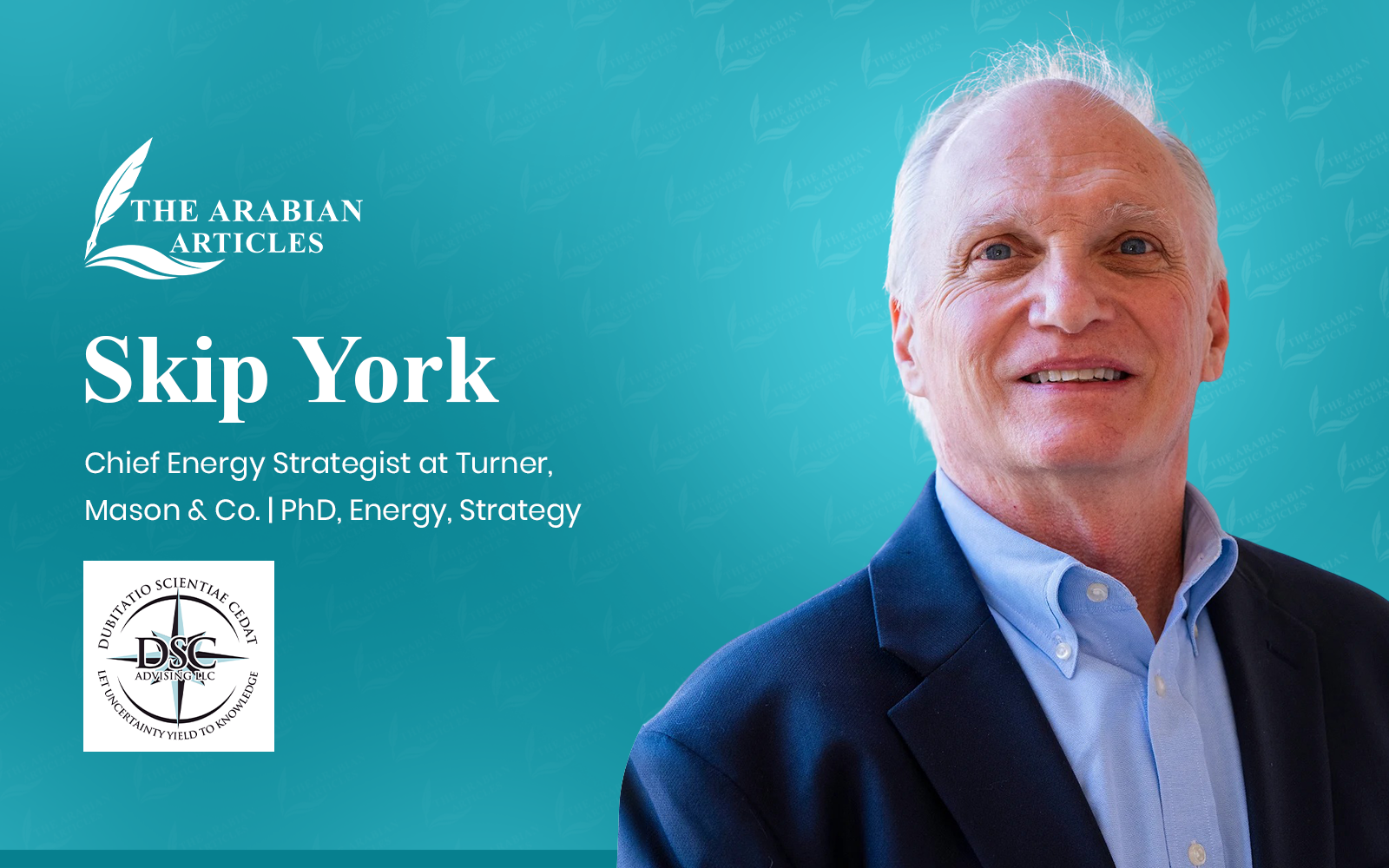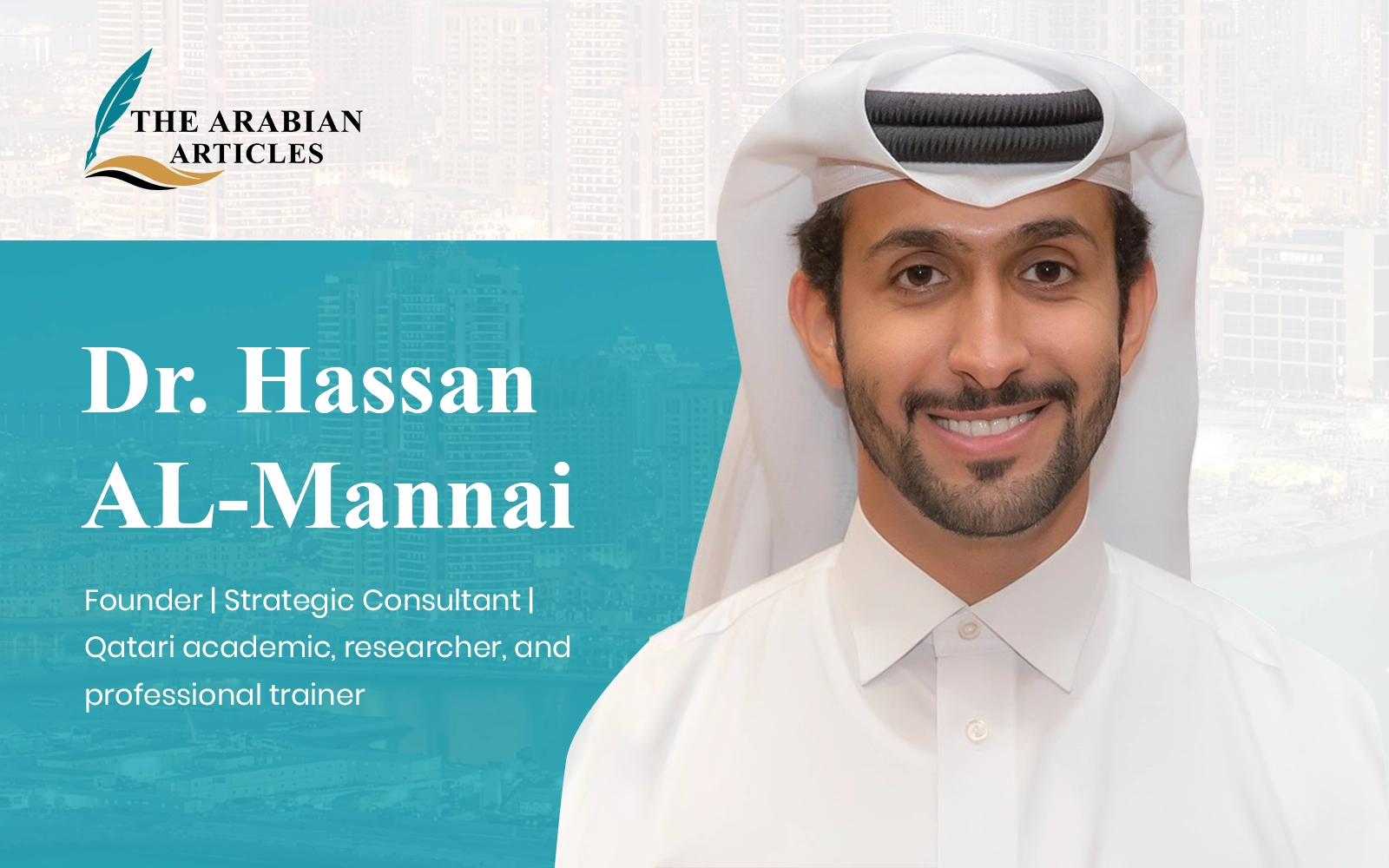Green Visionaries: Thought Leaders Driving Sustainability in the Middle East
In the heart of the desert, a green revolution is taking shape. Across the Middle East, new voices are emerging — voices of scientists, entrepreneurs, policy makers, and influencers who are putting sustainability at the center of growth. These sustainability thought leaders in the Middle East are shaping bold agendas, building innovative companies, and pushing governments toward real environmental impact.
In this feature, we explore the real people behind the movement — the green visionaries of the Middle East who are working tirelessly to fight climate change, promote clean energy, and guide the region toward a more sustainable future.
Why Sustainability Is Now a Priority in the GCC
The shift is no accident. With global eyes on COP28 in Dubai and Saudi Arabia’s Vision 2030 agenda focusing heavily on green initiatives, sustainability has become a strategic national priority. For many GCC nations, it’s no longer about oil wealth, but about transitioning to a green economy that balances growth with environmental protection.
From climate action in the Gulf to bold net-zero targets, the Middle East is now home to some of the world’s most ambitious environmental strategies.
But who’s actually doing the work? Let’s meet the people driving these changes.
1. Dr. Noura Al Kaabi – Policy Leader for Environmental Innovation in the UAE
A well-known name in Emirati politics, Dr. Noura has emerged as a key figure in driving sustainable development policies. As part of the UAE’s Ministry of Climate Change and Environment, she has worked on public-private partnerships to accelerate clean energy projects and improve biodiversity.
Her team helped launch several carbon-neutral urban planning projects in Abu Dhabi and spearheaded UAE’s first AI-powered waste management system.
2. Youssef Al-Shammari – Saudi Engineer Turned Eco-Entrepreneur
Once an oil and gas executive, Youssef now runs one of Saudi Arabia’s fastest-growing climate tech startups focused on water conservation. His company, AquaSense, uses smart sensors and AI to monitor and reduce water waste in commercial buildings.
His journey mirrors Saudi Arabia’s own transformation — from fossil fuel dependency to a leader in green technology and renewable energy.
Youssef often speaks at conferences about the importance of local talent in building sustainable tech solutions and stresses the urgency of environmental education in Saudi schools.
3. Layla Mansoor – Climate Influencer and Sustainable Fashion Advocate in Bahrain
Layla may not be a government official or scientist, but her influence is powerful. With a social media following of over 2 million, she uses her platform to promote eco-conscious living, ethical fashion brands, and sustainable consumer habits.
Layla collaborates with regional NGOs and has launched her own sustainable fashion label, using organic fabrics and low-impact dyes.
In 2025, she was invited to speak at COP29 as a representative of young eco leaders in the GCC, emphasizing that climate action begins with individual behavior change.
4. Khaled bin Mahfouz – Private Sector Leader Pushing ESG Forward
As the CEO of a large family-owned conglomerate in the Gulf, Khaled has introduced sweeping changes to align his companies with ESG (Environmental, Social, Governance) goals. His green construction projects in Kuwait and solar-powered logistics network in Oman are now case studies for corporate sustainability in the Middle East.
Khaled believes that economic success and environmental responsibility are no longer in conflict. “The future of business in the Gulf depends on how well we adopt sustainable development at every level,” he says.
5. Aisha Al Marzouqi – Youth Activist and Renewable Energy Scholar
At only 25, Aisha has made a global name for herself by leading youth climate strikes and winning scholarships to study renewable energy engineering in Germany and the UAE. She’s now working on launching a solar startup that installs affordable rooftop panels in low-income communities in the Middle East.
Aisha represents the next generation of green visionaries in the Middle East, proving that age is no barrier to leadership when it comes to climate action.
Common Challenges These Sustainability Thought Leaders Face
While their stories are inspiring, every leader we spoke to highlighted the following common challenges:
- Slow policy implementation across certain parts of the GCC
- Public awareness gaps about environmental issues
- Limited funding for green startups compared to fintech or oil-tech
- Lack of clear ESG reporting frameworks in smaller markets
Despite this, they remain optimistic — driven by the vision that the Gulf can lead not just in oil exports, but in global sustainability efforts.
How the GCC Governments Are Supporting Sustainability
To help these leaders succeed, governments are introducing aggressive green policies:
- UAE Green Agenda 2030 focuses on air quality, waste management, and renewable energy.
- Saudi Green Initiative aims to plant 10 billion trees and reach net-zero by 2060.
- Qatar National Vision 2030 emphasizes climate resilience and sustainable urban development.
These policies are giving Middle East sustainability experts the momentum they need to innovate and scale.
Why These Thought Leaders Matter Now More Than Ever
As the world heads toward 2030 — the key milestone year for global sustainability goals — the Middle East is under pressure to meet its targets. These eco-entrepreneurs, policy reformers, and youth leaders are not just reacting to climate change; they are shaping how the region adapts and thrives.
They are helping change mindsets, influence industries, and prove that climate action in the Gulf is not a trend, but a long-term strategy.
What’s Next for Green Visionaries in the Middle East?
Looking forward, the focus will be on:
- Building stronger public-private partnerships
- Investing in climate tech and green startups
- Improving sustainability education at all levels
- Expanding access to clean energy in rural communities
- Introducing stricter environmental regulations across all sectors
These goals require ongoing collaboration, and that’s why amplifying the voices of sustainability thought leaders in the Middle East is so critical.
Final Thoughts
Sustainability in the Middle East is no longer just about government policy. It’s about people — passionate, persistent individuals who are challenging norms, launching bold projects, and inspiring entire communities to think green.
In 2025 and beyond, the region’s future will be shaped not just by oil markets or mega-projects, but by these green visionaries who are choosing to lead with purpose.
If the Middle East is to meet its net-zero goals, it will be because of their courage, vision, and relentless drive to build a better world.
ALSO READ-
Young Voices of Change: Gen Z Entrepreneurs Share Their Vision for the Middle East
The Future of Work in the Middle East – What Experts Predict for 2025 and Beyond







